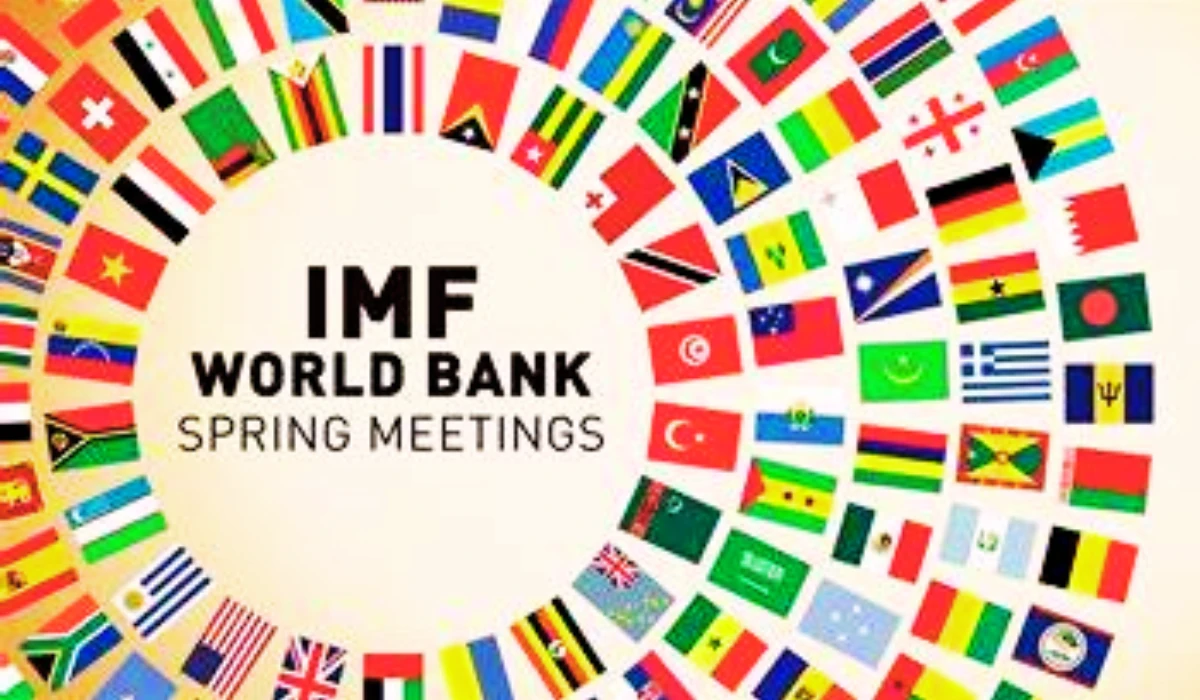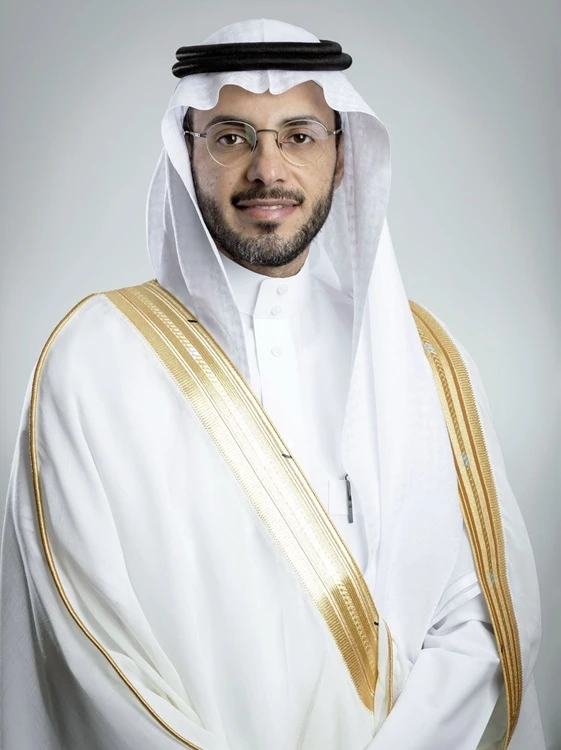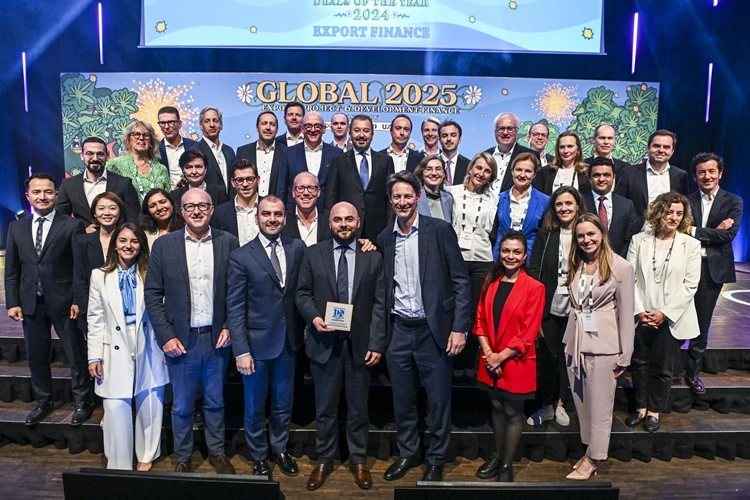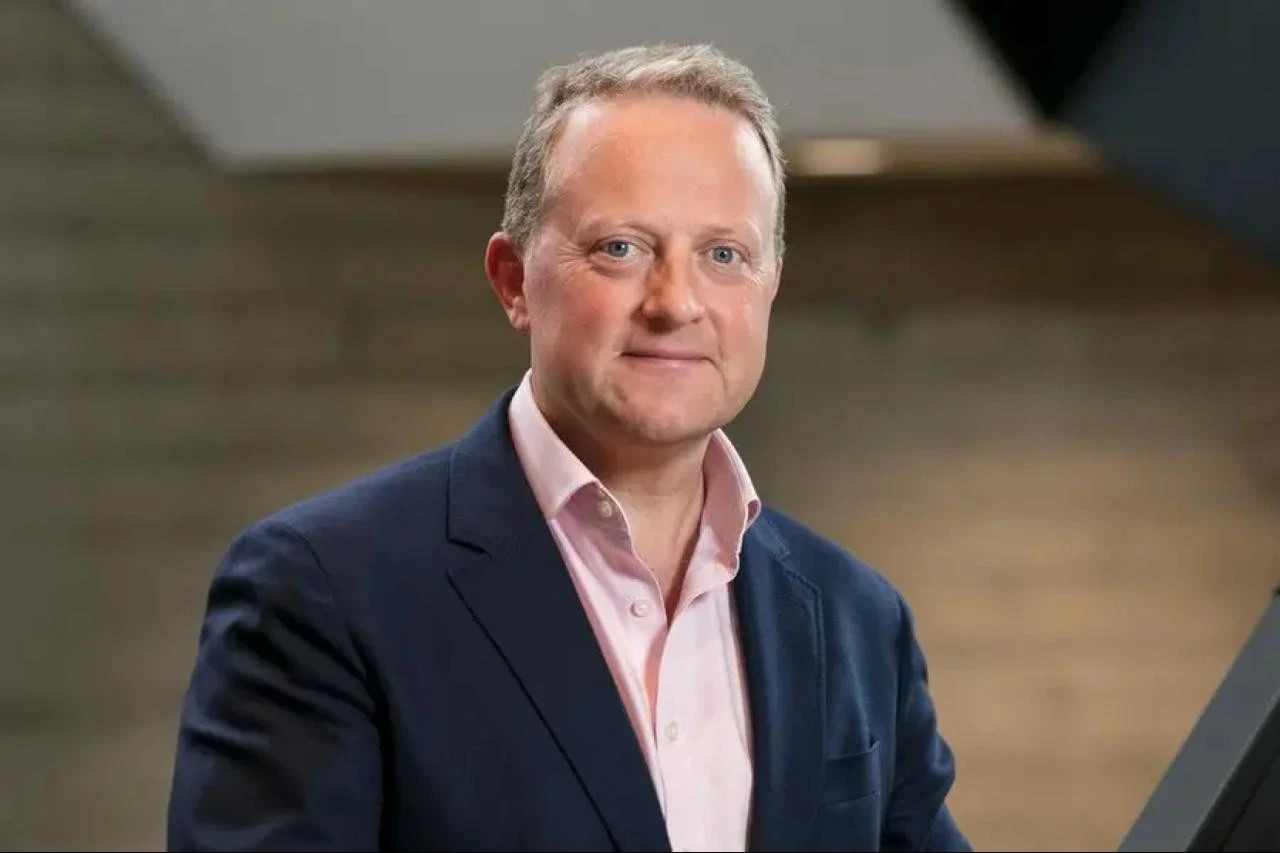WASHINGTON: The Spring Meetings of the International Monetary Fund (IMF) and World Bank Group, which officially kick off this week, are overtaken by the pressing issue of tariff negotiations. Those meetings held in the Washington area typically focus on global economic development, debt relief, and climate change. Yet this year has become the year of President Donald Trump's tariffs, which have rocked international markets.
Finance ministers are scrambling to carve out one-on-one meetings with U.S. Treasury Secretary Scott Bessent, the Trump administration's chief trade negotiator. Japan and South Korea are trying to prioritize talks with Bessent for possible exemptions or delays from newly imposed tariffs that can be as high as 25% on key exports, such as automobiles, steel, and technology.
The Atlantic Council and the Center for Global Development emphasize that these meetings are more about bilateral survival than collective action. According to the IMF's World Economic Outlook, which is going to be released this week, global growth should be revised downward because of the building trade uncertainties.
Added to these considerations is the deportment from the Trump administration regarding the backing of various global institutions, including the dollar amounts pledged to the World Bank and IMF. While Bessent has been supportive of Argentina's new IMF loan package, questions remain regarding the broader engagement of the U.S.; especially considering the existence of Project 2025, a right-wing agenda which is calling for withdrawal from the multilateral banks.
These meetings come at a special moment for the future of global trade and multilateral cooperation, molded by various factors: geopolitical tensions; dollar fluctuations; and protectionist policies.
[Source Credit: Business Recorder]








